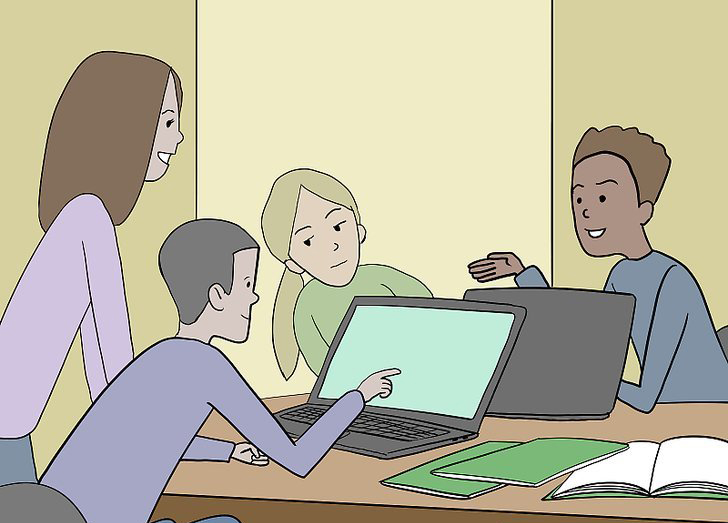I have just had the pleasure of completing my paediatric basic physician examinations and boy am I glad that’s over! I’ve started exercising again, stopped buying frozen meals and I’m reintroducing myself to my friends and family. Although many aspects of the past 18 months studying and working full-time were not enjoyable, my weekly study group certainly was.
Although it was called a study group and formed for exam preparation, you don’t need to have an assessment or a goal to bring a group of passionate and like-minded people together and provide support for one another. Sometimes it feels like a lonely road in which everyone is out for themselves (especially on the medical treadmill) but if you can find a group of people who you can trust and will take you along for the ride, then hold on.
There are many well-recognised benefits of studying in a group. These include improved motivation, efficient learning and cultivating skills in teamwork which are applicable to other aspects of work and home life. Studying in a group allows discussion and clarification, which improves understanding of a topic. It enables questions to be asked without fear of judgement and to be taught concepts by peers in a more dynamic and less didactic manner.
Examinations in medical training are intended to assess knowledge, however, due to a number of factors including the cost, annual occurrence and widespread build-up to the event, the exams instead seem to assess your ability to manage stress. Having a study group allows your stress to be validated and shared between others who can uniquely understand exactly what you are going through. They allow a weekly debrief and then give you the strength to press on.
Managing the intricacies of working in a group whilst in peak stress is also a useful skill to bring back to the workplace. Teamwork is key to the multidisciplinary healthcare environment in order to achieve maximal patient care.
Not all study groups are effective and if yours isn’t helping, jump ship. However, if you do find a good one with people who can keep you afloat and moving in the right direction then lean in. It’s been a few months since our exams now (in just the past week, I’ve finally lost my stress-related eye tick that has been my unfortunate companion for the last six months!) and we still catch up every couple of weeks. Although now we call it ‘book club’ and we’ve reversed the ratios (two hours ‘wining and whining’ and one hour talking about books) and I’m sure we will be friends for life. Shared trauma does that!
Dr Hannah Bills
Paediatric registrar
AMA Victoria Women in Medicine Committee

